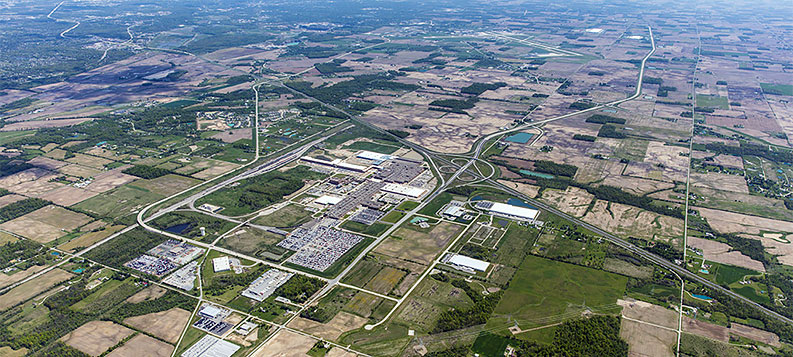
We live in an age of unlimited options. Take potato chips, for instance. Back in the 1920s, you’d be lucky to find a single chip brand on the shelves of your local grocery store. Today, your supermarket stocks at least 20 different chip brands – some regional, others national. You can buy chips baked, fried or “kettle-cooked,” in quantities ranging from “fun” to “family-sized.”
You also have many options when it comes to choosing a fiber Ethernet carrier. There are national and regional carriers offering various speeds and “flavors” of network topographies. The multitude of choices can easily overwhelm. We recently caught up with Curtis Taylor, Vice President of Technical Services at Wabash Valley Power Alliance, to learn his approach to deciding on a fiber Ethernet carrier. When speaking with potential carriers, he asked three questions that led him to the right decision for WVPA.
- Can you reach my locations? WVPA’s members are located in rural parts of Indiana, Illinois, and Missouri. Taylor needed to know if a carrier already had fiber built out to connect these locations, and if not, would the carrier be willing to do what it took to reach those locations? For any business with offices, partners, or customers situated outside of a traditionally urban area, this knowledge is imperative to make a good carrier decision.
- Are you easy to work with? Anyone who has managed relationships with service providers knows that the work doesn’t end once the paperwork is signed. Flexibility and an open line of communication are paramount when working with a new carrier, especially for an organization like WVPA that supplies electricity across three states. The one-size-fits-all model that many other carriers offered just didn’t work for WVPA. Taylor needed a carrier that was willing to work with him to come up with a creative solution to benefit all involved.
- Are your services cost-effective? No one wants to pay more than absolutely necessary for anything, potato chips and fiber Ethernet included. Even if a carrier could reach all of WVPA’s locations and was easy to work with, a cost-prohibitive solution proved a deal-breaker for Taylor.
In the end, IFN was the only carrier Taylor spoke with that checked all three boxes.
“They all go together,” he said. “If you can get to all my locations and are cost-effective but impossible to work with, you’ll just make my job harder. If you’re easy to work with but can’t get to my locations, that doesn’t work either. It’s the whole bundle that makes for a successful project.”